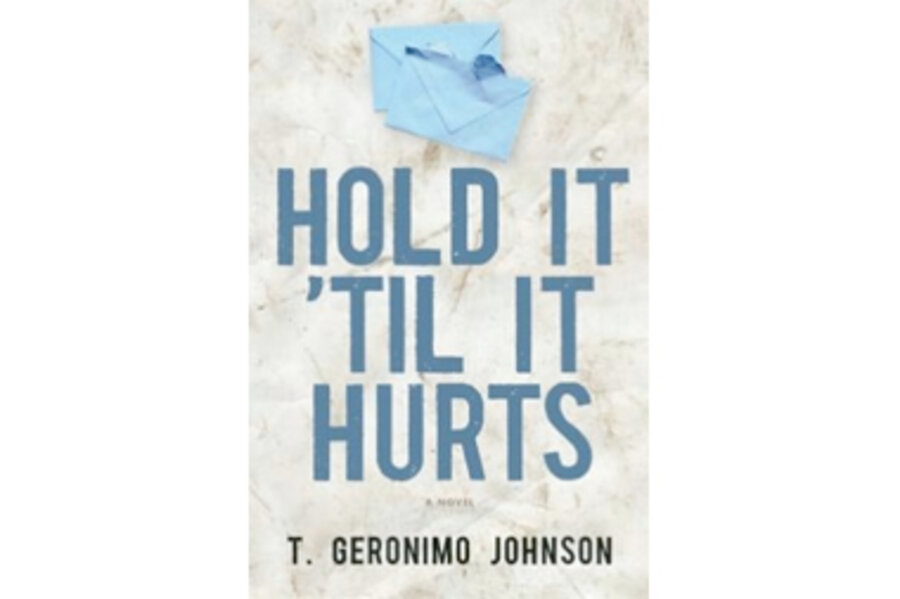After serving two tours in Afghanistan, Achilles and Troy Conroy were expecting to come home to a hero's welcome in T. Geronimo Johnson's debut novel, “Hold It 'Til It Hurts.”
Troy had the medals, and Achilles had Troy. (When they left for boot camp, their father told Achilles, the eldest, not to come back without his brother.)
Instead, the brothers, who are both transracial adoptees with different biological parents, get home to Columbia, Maryland, to discover that their father has been killed and that their parents were separated before his death.
As if that wasn't enough to absorb for one weekend, their mother hands the boys blue envelopes with the names of their birth parents. Achilles refuses to open his, but Troy does, disappearing the next day.
After their sergeant calls to say that he spotted Troy in New Orleans, Achilles heads south to bring his brother home – an automatic reflex by this point in his life.
“His mother said they never had to be alone. His father said brothers had to stick together. Troy wanted to join the Cub Scouts, Achilles joined the Boy Scouts. Troy wanted to play tee ball, Achilles played little league... They didn't stick together; they were stuck,” remembered Achilles. “By the time they were in high school, Achilles was a wind-up doll. Troy wanted to learn guitar. Achilles signed up without being asked. Troy wanted to run cross-country. Achilles went shopping for new shoes. Troy wanted to join the military, go Airborne, jump out of perfectly good airplanes. Next thing Achilles knew he was dodging bullets ...”
Much of “Hold It 'Til It Hurts,” follows Achilles as he looks for Troy in the run-up to Hurricane Katrina and tries to readjust to civilian life, something he was unprepared for by “The Soldier's Reentry Readjustment Workshop,” known as the “Don't (Leave Bruises if You) Beat Your Wife Class,” by the returning veterans.
Johnson, a native of New Orleans and a former Stegner Fellow, uses the aftermath of the hurricane to thaw out Achilles and help him forge some sense of identity. (Achilles is so closed off, he doesn't even tell his unit that he's adopted.)
His experiences in Afghanistan, briefly shown in flashback, have left Achilles so numb that he doesn't understand how isolated he is – or how tenuous his grip on rationality has become – and because those around him have no conception of the last couple of years of his life, they have no way of reaching him.
“The crazy thing about a war isn't that none of the stereotypes are true, it's that all of them are,” Achilles tells Ines, an aid worker he gets involved with who has “a heart as big as the Hindenberg."
When she tells him she understands, he just pats her hand.







